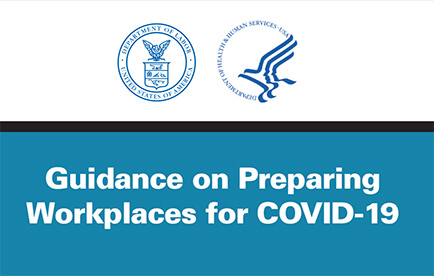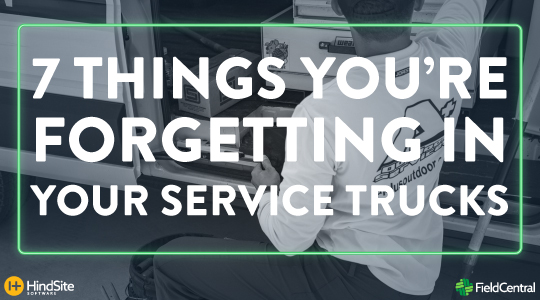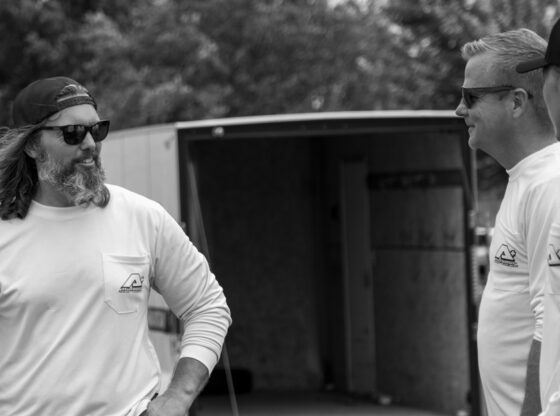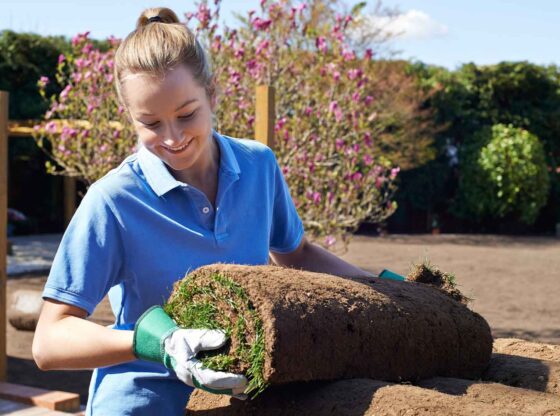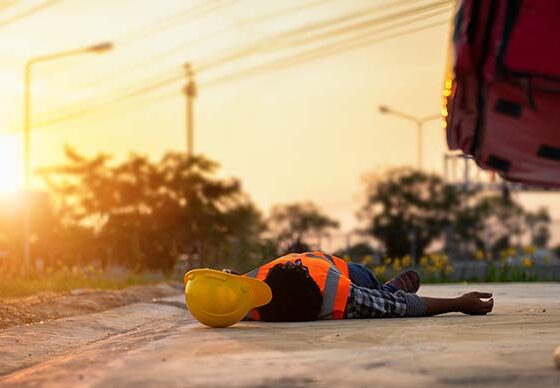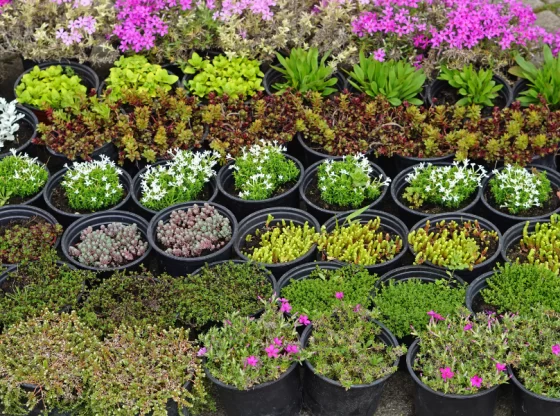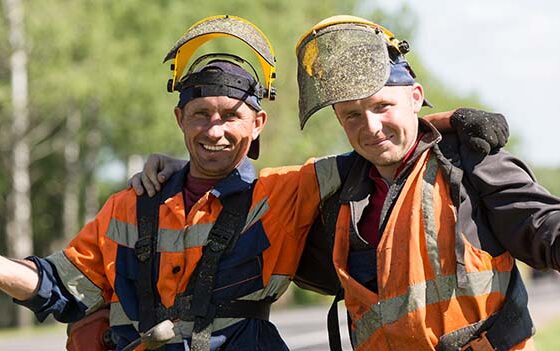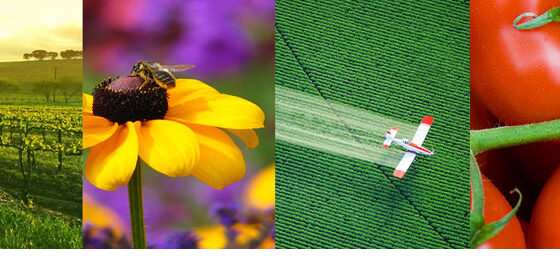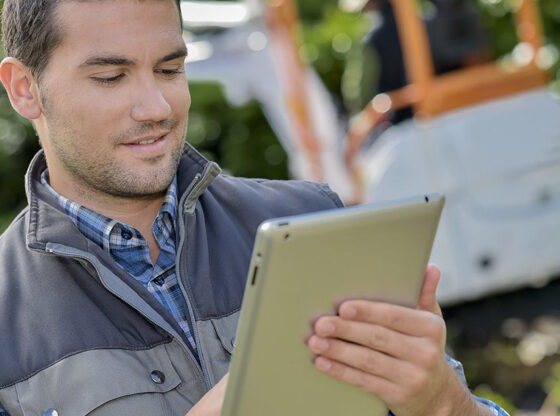Landscaping business is considered part of the essential construction industry, and as such, your company may still be in operation.
We want to extend a hand in determining safe landscaping practices and have pulled applicable information from reputable sources, such as the Center for Disease Control and OSHA.
OSHA has established a webpage with safety and health topics concerning COVID-19. From OSHA’s Guidance publication we have selected the following guidelines:
- Promote frequent and thorough hand washing, including by providing workers, customers, and worksite visitors with a place to wash their hands. If soap and running water are not immediately available, provide alcohol-based hand rubs containing at least 60% alcohol.
- Encourage workers to stay home if they are sick.
- Encourage respiratory etiquette, including covering coughs and sneezes.
- Provide customers and the public with tissues and trash receptacles.
- Employers should explore whether they can establish policies and practices, such as flexible worksites (e.g., telecommuting) and flexible work hours (e.g., staggered shifts), to increase the physical distance among employees and between employees and others if state and local health authorities recommend the use of social distancing strategies.
- Discourage workers from using other workers’ phones, desks, offices, or other work tools and equipment, when possible.
- Maintain regular housekeeping practices, including routine cleaning and disinfecting of surfaces, equipment, and other elements of the work environment. When choosing cleaning chemicals, employers should consult information on Environmental Protection Agency (EPA)-approved disinfectant labels with claims against emerging viral pathogens. Products with EPA-approved emerging viral pathogens claims are expected to be effective against SARS-CoV-2 based on data for harder to kill viruses. Follow the manufacturer’s instructions for use of all cleaning and disinfection products (e.g., concentration, application method and contact time, PPE).
- Develop an emergency communication plan.
Read the full OSHA Publication for more detailed information.
From the Ohio Nursery & Landscape Association, a selection of safe landscaping practices:
Construction and public works projects may be considered isolated from the pubic and relatively safe. However, please use caution and discretion when considering residential projects and maintenance. Critical Trade and other service providers who are necessary to maintain the safety, sanitation, and essential operation of residences are mentioned in the orders. Some landscape projects and services may fit under this category. Please be certain that the jobsite allows for good social distancing to significantly reduce the risk of transmission, and provides the resources to wash or sanitize hands.
This is an area requiring careful discretion. If you choose to continue to provide landscape services, please follow these BMP’s (Best Management Practices) along with any other procedures you have put in place:
- Contact and get permission from clients to be serviced– preferably in a documented format such as email or other time/date stamped electronic communication
- Implement daily all-hands communications within your company to inform, educate and reinforce Standard Operating Procedures (SOPs), Best Management Practices (MPs) and possible next steps
- Relax attendance policies to allow any employee who is uncomfortable working to stay home and use PTO
- Train crew personnel to be able to respond to questions from the public in a professional manner
- Enforce cleaning and sanitation protocols for all common spaces including trucks, equipment, and the breakroom, locker room and restroom
- Stagger crew start times to minimize congregation at the office or shop
- Limit crews to one person per truck and have all other crew personnel drive directly to the jobsite
- Reduce crew size to compartmentalize the workforce into smaller isolatable segments
- Assign one truck to one crew and do not rotate
- Minimize the use of shared equipment and tools
- Wear gloves as much as possible removing only to eat, drink, or touch your face
- If you must work in close proximity to another for a short period of time (i.e. lifting a tree ball into a hole) wear a face mask
- Be prepared to shut down at any moment if the customer raises any health or safety concerns.

Do you have additional tips for us? Please share with us and your fellow contractors by leaving a comment.


